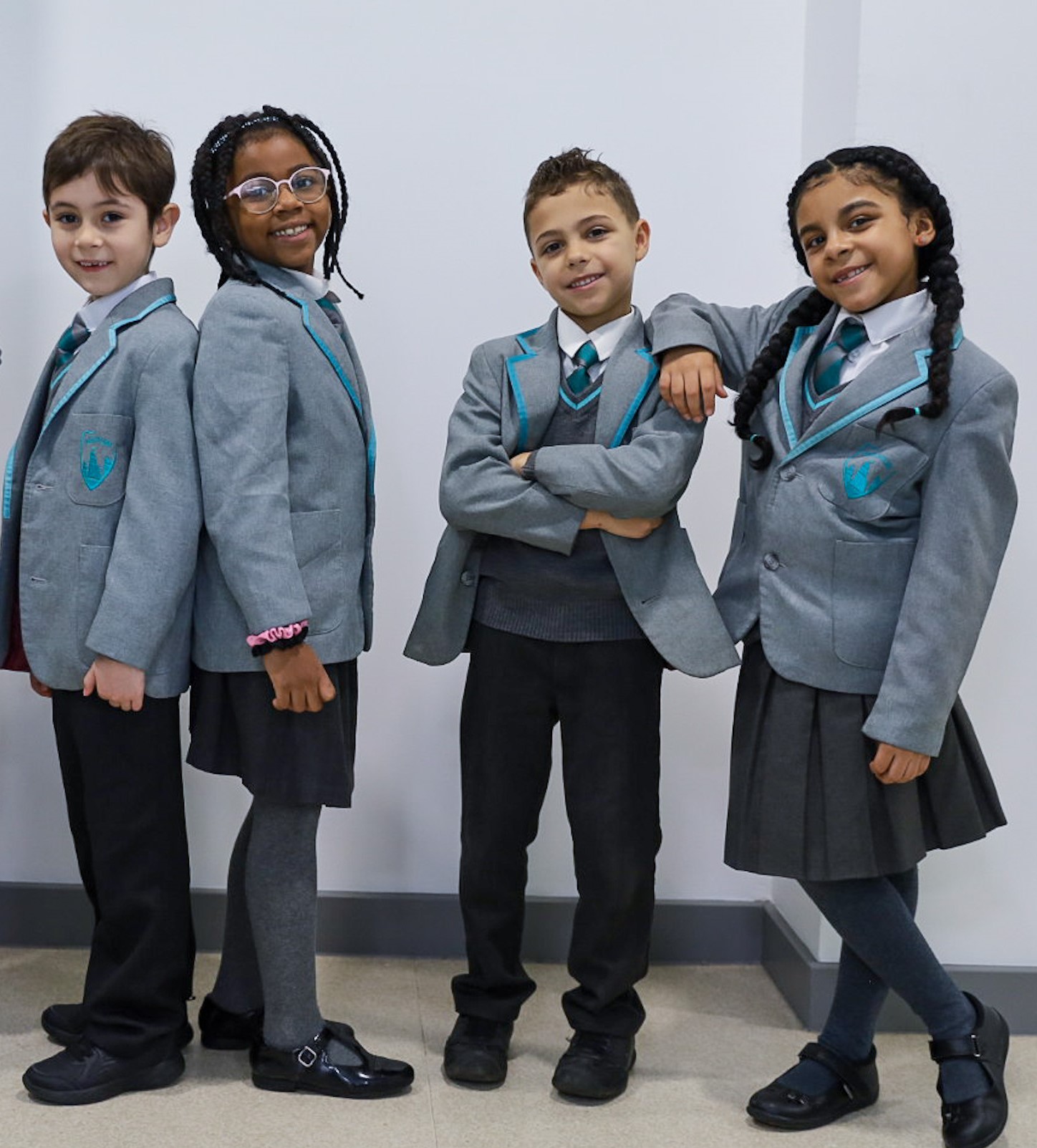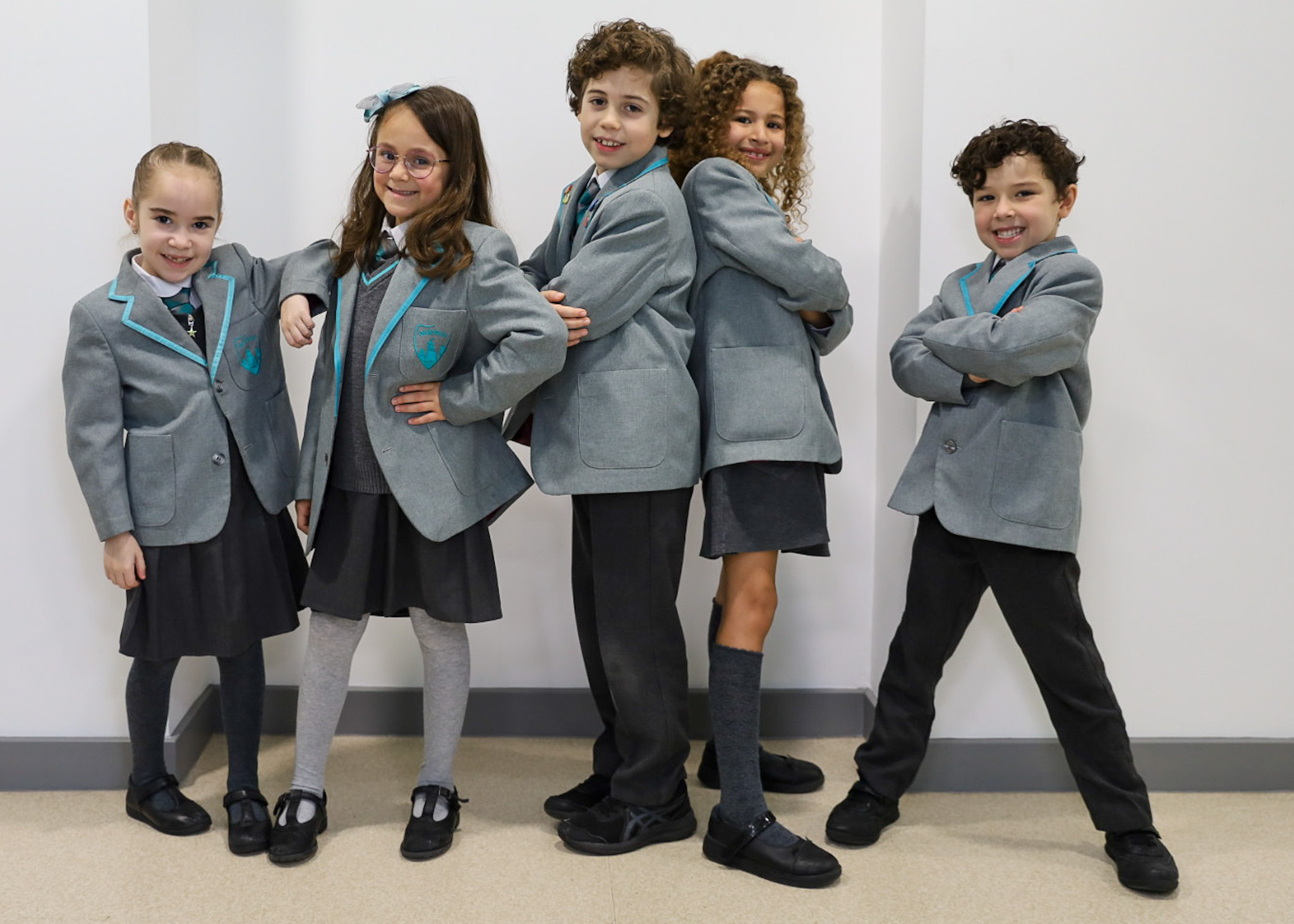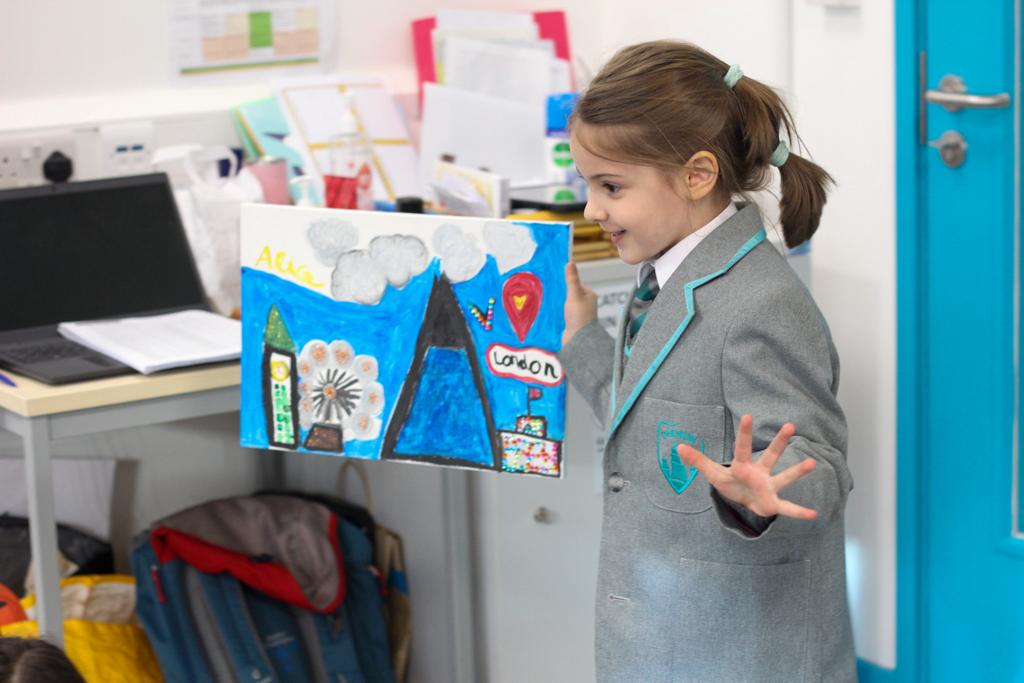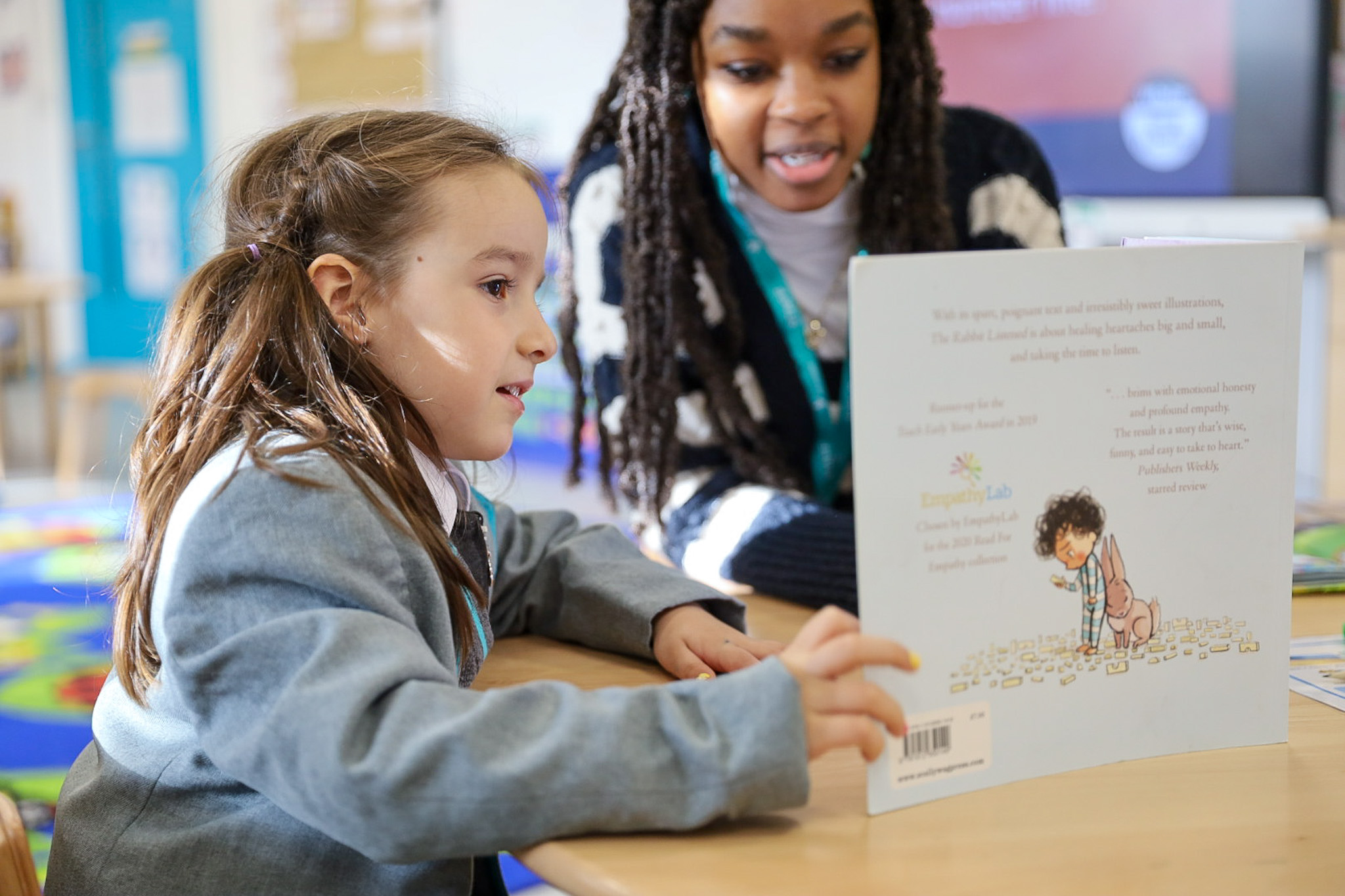English at APSoL
Writing Curriculum Intent Statement
At APSoL, our writing curriculum is designed first and foremost, to ensure our children leave us with an awareness and a love of writing for a wide range of purposes and audiences. We inspire children to take ownership of their writing and to see themselves as real writers. The purpose for which we write is front and centre of our curriculum. We provide rich model texts and extensive tuition around the different reason why we write and endeavour to ensure they have the knowledge and skills to confidently draw upon when writing for different genres across the curriculum. Our progressive curriculum ensures children’s prior learning is being recognised, utilised and built upon year on year. We consistently reinforce to children that writing is a process over time, and we hope to inspire children to be reflective, motivated and confident writers.
Our writing-focused lessons will provide the children with various opportunities to discuss and talk their thoughts and writing processes through. At APSoL we believe that reading and writing go hand in hand, so vocabulary and language patterns are developed through reciting familiar stories and texts before children are given the chance to innovate and invent their own. Skills and stamina are developed through daily short burst writing, before children are given the chance to plan, draft and edit their own texts.
Why do we use Talk for Writing at APSoL?
We aim to raise the attainment of our pupils in writing through an engaging, relevant and rich curriculum. In order to support this we have joined a nationwide project called ‘Talk for Writing,’ which has a proven record of accelerating children’s learning.
Talk for Writing is split into three phases:
1. Imitation: telling the story: Imitation phase is when the children really get to know what text type they are going to be learning about. They learn a model text off by heart using a ‘text map’ to help them. Then they look at the structure, the language and other features that they need to know for their own writing.
2. Innovation: changing a story: This phase is when the teacher uses shared writing (writing as a class) to create a text that is very similar to the one they have just learnt in the imitation phase. Younger writers or less confident writers may need to stay close to the structure and the vocabulary used in the model text to build confidence and understanding. More confident writers will come away from the model text and want to explore their own ideas or ways of writing. Within this phase we would also encourage children to ‘magpie’ good ideas/vocabulary to use in their own writing.
3. Independent application: writing my own story: This phase is when the children are expected to write independently and apply the skills they have learned. Their final piece of writing is called the ‘hot task’. Typically, teachers work with the children to set ‘tickable targets’ (toolkit) which focus on aspects that they need to attend to followed by an opportunity to polish and publish their work.
Reading Curriculum Intent Statement
At APSoL we believe that reading is an essential life skill, both across the curriculum for education, but also as an integral part of a child’s understanding of themselves and the world around them. We are committed to encouraging our children to become lifelong readers, nurturing within them a love and confidence in reading which will support their opportunities in life. Access to a wide variety of fiction and information texts sparks their imagination and curiosity. This also develops cultural awareness, empathy for others and a broad and rich vocabulary, which they need to effectively express themselves.
Implementation
Children are supported to be successful in reading across their journey through the school. From the foundations in systematic phonics teaching, to developing fluency and confidence in building comprehension. We use RWinc phonics in Reception and Year 1, providing systematic and robust phonics teaching, to ensure children are taught to read fluently by the end of Key Stage 1. Our curriculum is systematic and progressive to ensure our children develop key phonics skills.Across the school, we follow elements of the Pie Corbett scheme of Talk for Writing, in which children follow the process of imitating, innovating and inventing a text, with exposure to a variety of different text types and genres across the year. At the start of every unit, the children use actions and story maps to learn the text from memory which supports children to identify and develop language patterns associated with a particular style of text. Pupils are provided with a range of opportunities to develop their speaking and listening skills through role play, drama, debate and discussion. Before beginning their writing, pupils plan their text carefully and spend time orally rehearsing, ensuring that they are confident with the structure and language they will use. We place huge importance on editing work once finished, and at the end of each cycle, children will be supported by adults and peers to edit and redraft their work. Spelling and Grammar teaching is heavily embedded throughout our literacy lessons through mini activities and shared writing, but our children also benefit from an additional discrete grammar and spelling lesson each week.
Continuous provision in Early Years and Year 1 provides opportunity to use these skills in a wide range of contexts, giving children purpose and drive to read and write, which in turn develops their independence and tenacity as readers. Once they are fluent and confident readers, our curriculum is designed to provide key comprehension skills. Our progressive curriculum alongside high expectations for our children ensure they can become successful readers for their age and stage.
At APSoL we want to foster a culture of reading for pleasure. This is beneficial not only for reading outcomes, but for wider learning enjoyment and children’s mental wellbeing. We work closely with the local library, Wandsworth Library, providing our children with additional opportunities to engage with stories, meet authors and grow their inspiration to read. From a young age, our children take home two books: one to develop their phonics skills and one to grow their understanding of stories and their love for reading. Children in Reception and Year 1 have daily story time. In addition, they also have story time in Portuguese as well as assemblies.
Teaching of comprehension is embedded in the literacy sequence for each unit using a whole class guided reading approach as well as through various areas of the curriculum e.g history. As the children become more confident with their reading in phonics, they will progress to developing their comprehension skills using RWInc comprehension which builds on from the phonics teaching.
Impact
All children will be able to read fluently by end of KS1. SEN children are supported to achieve by using differentiated teaching approaches in line with EP and SENCO advice. By the end of KS2, children will confidently apply their reading skills to their work as writers. Most children will pass their phonics screening test. Most children will achieve well in their KS1/2 SATs. Children can spell and apply grammatical features to their writing.








